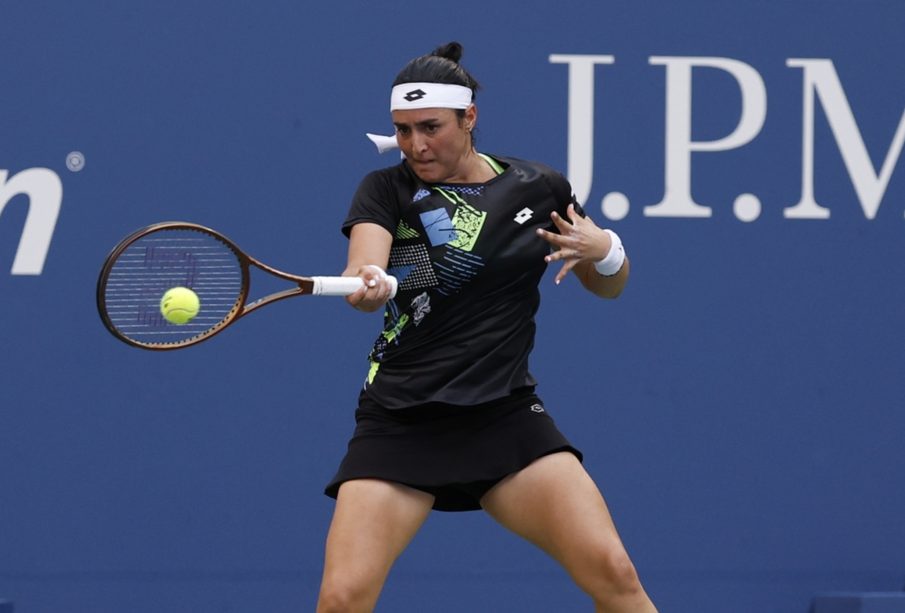Ons Jabeur: The Trailblazer in Women’s Tennis

Introduction
Ons Jabeur, the Tunisian tennis sensation, has rapidly emerged as one of the most exciting players on the WTA tour. Her remarkable achievements and unique playing style have not only propelled her into the global spotlight but have also made her a symbol of inspiration for aspiring athletes in the Arab world and beyond. As Jabeur continues to break records and defy expectations, her significance in sports transcends tennis, highlighting issues of representation and empowerment in athletics.
Rise to Prominence
Born on August 28, 1994, in Ksar es-S’id, Tunisia, Jabeur’s journey in tennis began at the young age of three. She was the first Arab woman to win a match at the WTA tour level. Her breakthrough moment came in 2021 when she became the first Arab woman to reach a Grand Slam singles final at Wimbledon. Jabeur showcased exceptional skill and a distinctive playing style characterized by her effective use of drop shots, backhand slices, and powerful forehands.
In 2022, she had a stellar season, clinching her first WTA title in Birmingham, followed by another in Madrid, where she defeated high-profile opponents. Jabeur’s ascent culminated in her ranking as World No. 2, making her the highest-ranked African and Arab player in history. This milestone marked a significant achievement not just for her, but for the entire region.
Impact Beyond the Court
Jabeur’s success story is more than just athletic prowess; it embodies resilience and diversity in sports. She has been vocal about the challenges faced by athletes from smaller nations, particularly in terms of funding and support. Her visibility on the international stage is paving the way for greater recognition of African tennis. Furthermore, Jabeur uses her platform to encourage young girls in Arab countries to pursue sports, often sharing her experiences and advocating for greater opportunities for female athletes.
Conclusion
As the tennis world looks ahead, Ons Jabeur stands as a beacon of hope and motivation. Her influence stretches well beyond her match victories, representing a change in the landscape of women’s sports. With upcoming tournaments including the US Open and the Australian Open, the sports community eagerly anticipates her performance, hoping she continues to shatter stereotypes while inspiring a generation of young players. As Jabeur’s journey unfolds, it will undoubtedly have a lasting impact on the global sports narrative, reinforcing the vital role of representation in achieving success.









